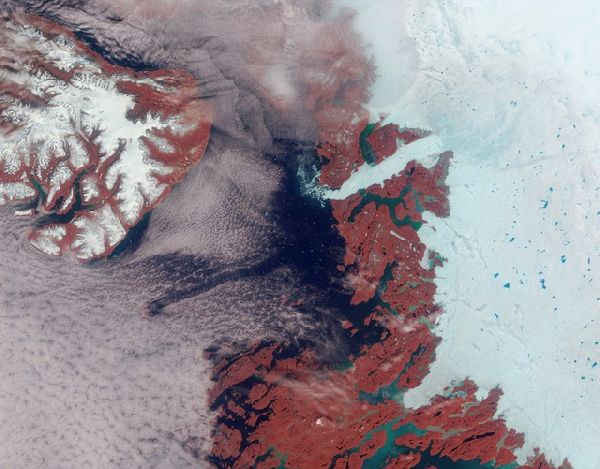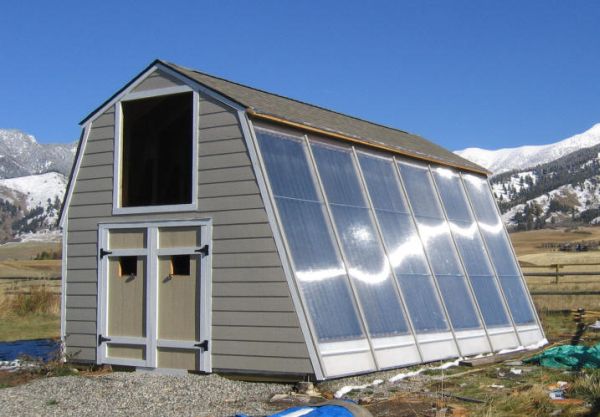Climate change appears to be acting faster than previously thought. It’s been found that Greenland’s ice cap is even more sensitive to changes than estimated. In fact, according to claims made by researchers in Germany and Spain, the ice sheet could be approaching a dangerous threshold. If this is true, then other ecologically sensitive areas won’t be far behind in bearing the effects of global warming.

A study conducted has revealed that Greenland may not have the capacity to re-grow its ice sheet if temperatures see an increase of 1.6 degrees Centigrade. Earlier, it had been estimated that the ice cap would be affected only if temperatures hit 3.1 degrees. This has caused concern among scientists and researchers and what the results may spell for the planet. According to the UN, the country’s ice sheet has the capacity to increase sea levels by seven meters, enough to adversely affect coastal cities like New York, London and Bangkok.
Post industrialization, the earth’s temperatures have risen by 0.8 degrees which is the lower point of the 0.8-degree to 3.2-degree range of uncertainty given for the melt threshold. According to estimates, the ice sheet will melt in 50,000 years at a 2-degree increase in temperatures; 8,000 years at 4 degrees; and 2,000 years at 8 degrees.
To arrive at their conclusion, the researchers calculated the effects of melting the 3,000-meter thick ice cap at lower altitude thresholds that makes refreezing more unlikely even if temperatures return to normal. They also factored in the heat effect found in dark land and sea areas that tend to absorb sunlight rather than reflect it.
So what does this bode for the planet? True, 50,000 years does seem far off enough not to cause panic. But newer researches tend to reveal more alarming estimates and with current trends as they are, it wouldn’t be surprising to know that coastal cities could soon be submerged earlier than expected.
Via: Bloomberg



